Kevin Ramatsi, an 11th grader from South Africa, says corruption takes children away from schooling. “Gangsterism, violence and bullying is prevalent in schools. Kids are not protected. Some of the libraries and computer centres in our schools are not accessible. Now we are being told about the Fourth Industrial Revolution, but some of us we can’t even work a computer.”
In all political systems, whether democratic or authoritarian, groups compete for influence to have an impact on the choice and implementation of laws in order to shape policy to fit their own agenda and for their own advantage.
State Capture is methodical corruption in which private entities influence a nation’s decision-making process to their own benefit and threaten the development of a free market economy. Most commonly done by corrupt rulers with the help of politically influential and wealthy partners, it is the personal privatization of an industry without any compensation to its previous owners.
State capture distorts the free market economy. The commandeered industry can be manipulated in any way the influencer wants it to be. It can charge outrageous prices and implement barriers to entry with the sole purpose of profit. Natural and man-made resources could be diverted away from those who need them. It can also adversely affect the Sustainable Development Goals. For example, if the water chain is captured, the goal of clean water and sanitation is compromised. Resources meant to boost healthcare or poverty alleviation can be misdirected away from public good.
The effects of state capture are often much more devastating in the developing economies, due to weak institutional infrastructure. It leads to reduced development through reduced resources and output. The higher rate of state capture leads to marked differences in income equality.
The latest and most visible example of State Capture is on display at a public inquiry in South Africa into alleged corruption by ex-President Jacob Zuma. The inquiry is looking into the wealthy Gupta family allegedly influencing political decisions, including the naming of ministers. The inquiry will also investigate whether Zuma and any other public officials benefited from the awarding of public contracts.
Dr. David Vogel, the Solomon P. Lee Chair Distinguished Professor Emeritus of Business Ethics at the University of California, Berkeley, graciously engaged in an enthralling interview in which we learn about the specific problems and causes of state capture in South Africa in particular.
Attached below is a transcript of the telephone conversation:
Vidhi: So, my first question is how does South Africa’s unique history enable state capture, and what makes it different from other places that have state capture?
Dr. Vogel: So, I think a lot of it is linked to the post-apartheid corruption, where a lot of people got various benefits from the state, and they were able to exploit those benefits to help them invest their interests. And sensibly, the private state needed resources, so I think a lot of it is linked to the corruption that accompanied the transfer of a certain amount of wealth from the white majority to black citizens.
Vidhi: How do you think the past or present government could play a role in this?
Dr. Vogel: Well, the government has talked about trying to address some of these problems. I don’t know, it seems to be moving quite slowly. I think one of the problems is a big base of support for the dominant political party in South Africa. The governing party now includes, at the local level, lots of powerful people who benefit from the corruption. So, I think it’s going to be quite a challenge for the government of South Africa to get the capacity of the will to make a difference.
Vidhi: Do you have any opinions on how the new government should try to fix the problem or take steps to alleviate the situation?
Dr. Vogel: A lot of it is making things more open. A lot of it is investigating previous policy decisions made and making them more visible. A lot of it is strengthening the independence of an authority of legal authorities that address corruption issues. There’s a whole spread of things, and there’s no easy fix. There are many things the government could potentially do, but as I said, it is going to be challenging because some of their political support comes from powerful people who are benefited from this state capture.
Vidhi: Since one of the case studies for state capture is South Africa, if certain post-apartheid policies, which as you said, enhanced state capture, were implemented in other nations, would there be the same outcome or is it specific to South Africa because of its geographic location and the government?
Dr. Vogel: Is South Africa unique?
Vidhi: In terms of state capture, yes.
Dr. Vogel: Well, I think it’s quite common in several areas. It’s common in many countries. It’s prevalent in Russia. It was common in other African countries. There are many cases, like Angola. There are many, many cases in which powerful private interests have benefited from their links to state power and unless the state has abused their authority, I think it’s very common in many countries, including in the Ukraine, as we see.
Vidhi: Right. Thank you for your insights on that. I think those were all the questions I had regarding state capture and South Africa. But, just as a general question, what would you say is the difference between state capture and just general privatization?
Dr. Vogel: Well, privatization can be done without state capture. Privatization, as long as the price is fair, as long as the firms are regulated, I don’t think privatization necessarily need to lead to state capture. It often can, but it need not, as long as the private company maintains its appropriate resources to the state for the benefits its received, and it’s regulated. So I think there are so many cases in which privatization can lead to, but doesn’t necessarily have to lead to corruption and capture.
Vidhi: Thank you so much for your time. It’s really an honor to be able to talk to you about this.
Dr. Vogel: Okay. Good. Take care.
Vidhi: Thank you so much.
From the interview, it is clear that independent democratic institutions which expose corrupt practices and issue punishments are the strongest deterrents against State Capture. It is necessary for developing markets to have strong whistleblower laws and independent anti-corruption bureaus to combat incidences of State Capture. International networks, including the African Parliamentarians Network Against Corruption and other Global Organization of Parliamentarians Against Corruption chapters, need to be supported by funding and expertise, as they aim to fight against such misconduct by those in power.
Multilateral donors should insist that their aid to developing markets be linked to the development of such democratic institutions. For instance, the Millennium Challenge Corporation only forms partnerships with countries that show they are committed to good governance and investing in their citizens.
Featured Image Source: World Kings, World Records Union
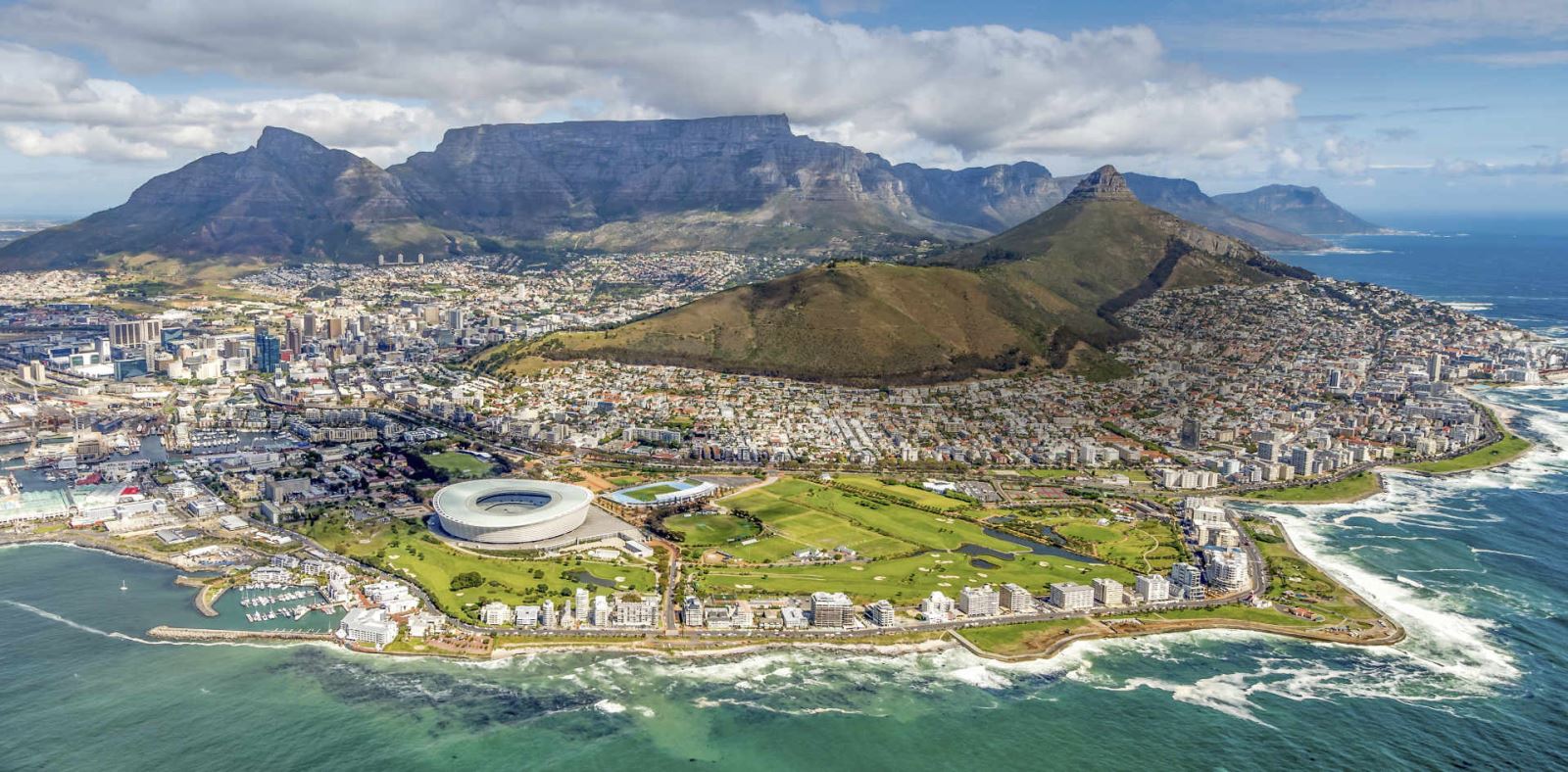

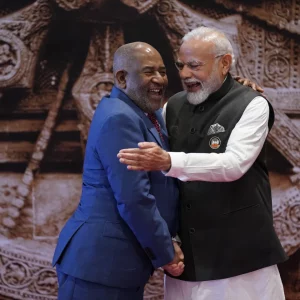
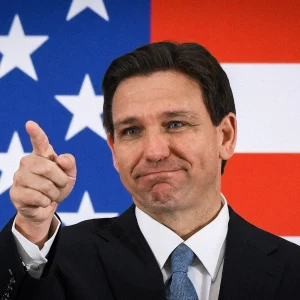
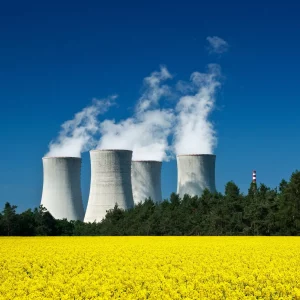
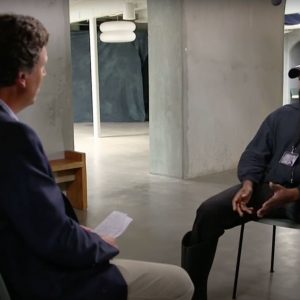
Be First to Comment